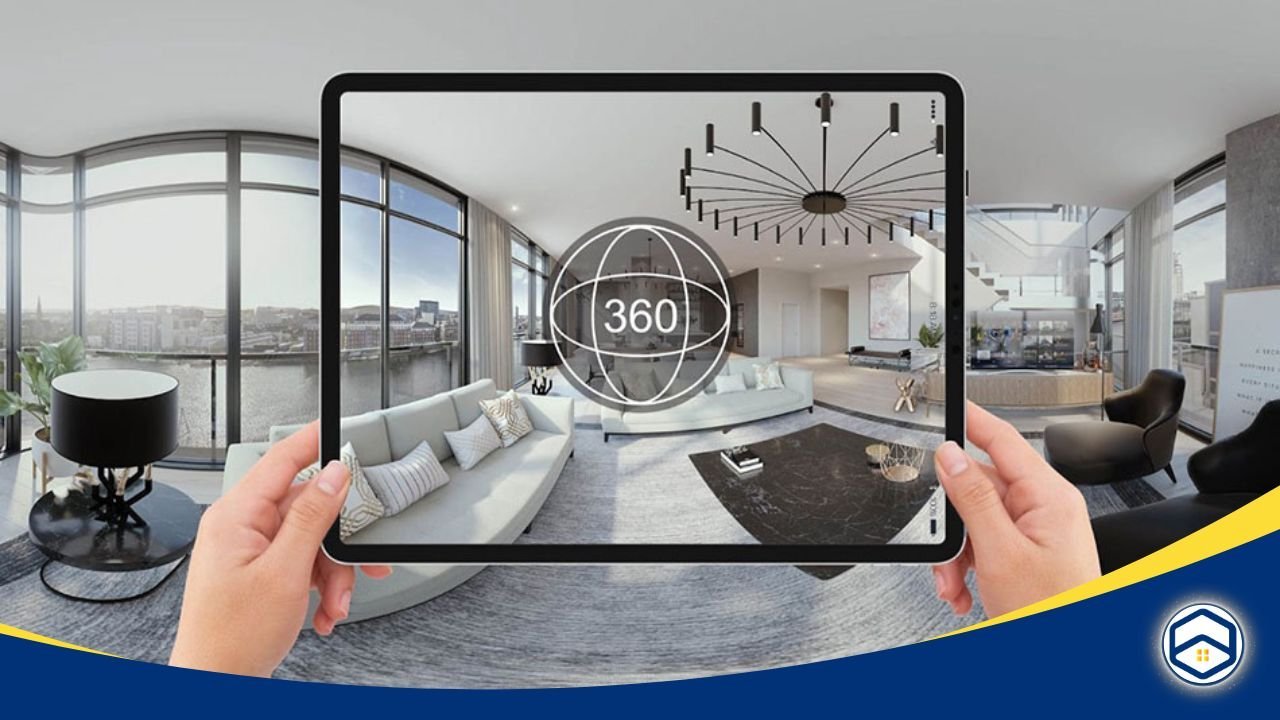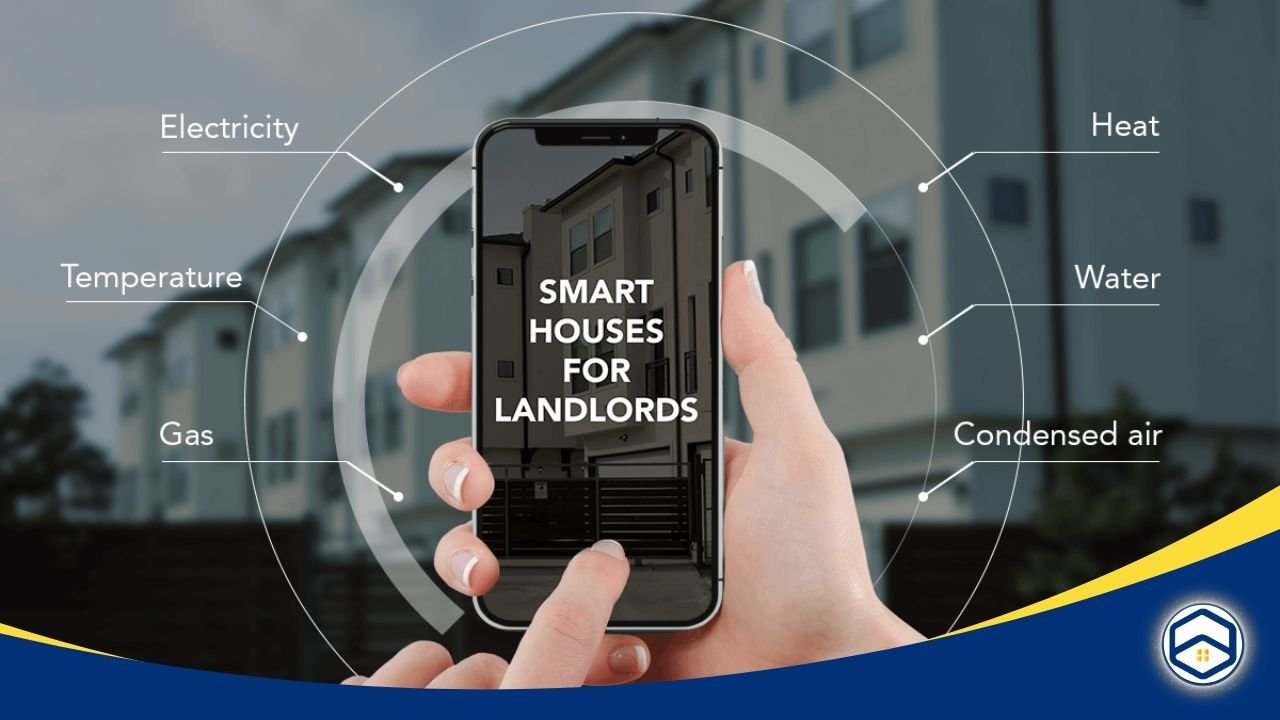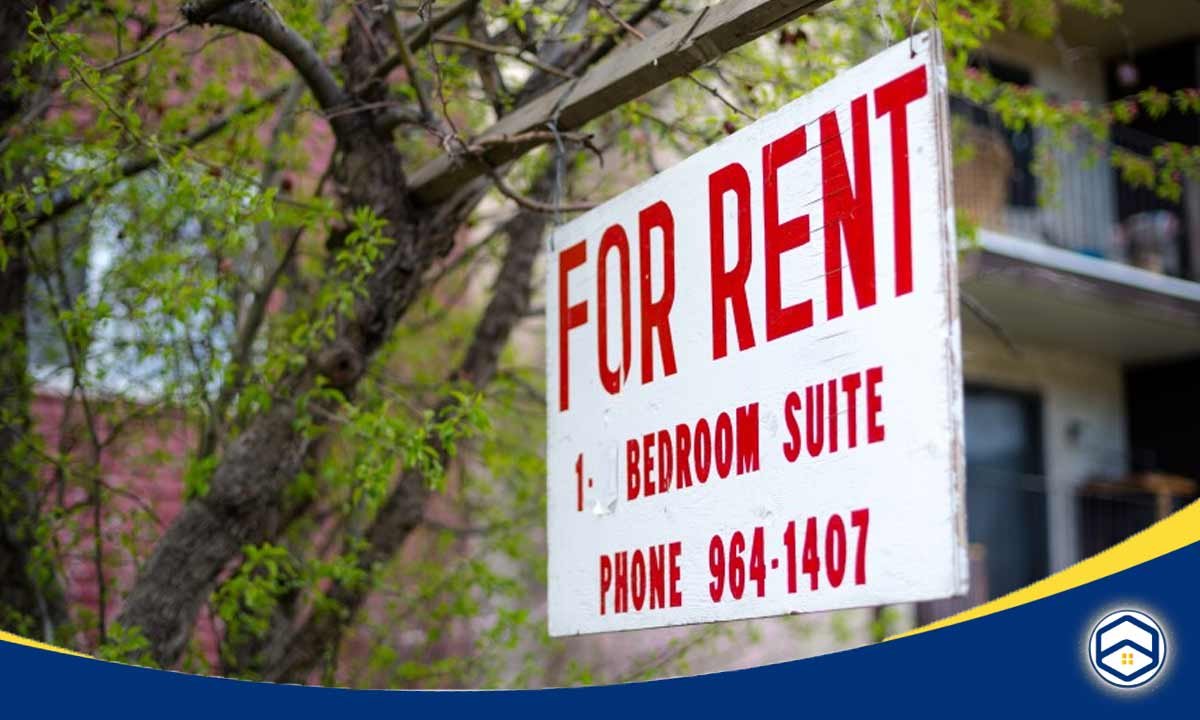Explore the transformative landscape of the digital age of renting with insights into online rental platforms, virtual tours, smart home technologies, and efficient digital application processes. Navigate responsibly through the wealth of online tenant screening tools, ensuring a fair and transparent renting experience in this era of technological innovation.
Online Rental Platforms: A Paradigm Shift
Online rental platforms have undeniably ushered in a paradigm shift, fundamentally transforming the age-old process of securing rental properties in the digital age of renting. In the contemporary landscape, the significance of these platforms cannot be overstated, with a staggering 60% of rental property searches originating from online sources, as reported by the U.S. Census Bureau. The digital sphere, spearheaded by influential platforms such as Zillow and Apartments.com, has become the epicenter of a dynamic revolution in the real estate industry.

This seismic shift can be attributed to the convenience and accessibility that online platforms bring to the rental market. Unlike the traditional method of relying on physical visits and classified advertisements, prospective tenants now have the unprecedented ability to peruse a diverse array of rental options from the comfort of their own homes, marking a fundamental change in the way people navigate the digital age of renting. The once laborious task of scouting for suitable properties has been streamlined, enabling users to efficiently explore and compare listings with a mere click of a button.
Zillow, in particular, has emerged as a frontrunner in this digital revolution, offering a user-friendly interface that simplifies the rental search process. The platform not only showcases an extensive array of available properties but also provides valuable insights into neighborhood demographics, local amenities, and market trends. This wealth of information empowers renters to make informed decisions, transcending the conventional limitations of merely viewing a property’s physical attributes.
Apartments.com, another stalwart in the online rental arena, complements this paradigm shift by providing an expansive database of rental listings, complete with detailed descriptions, high-quality images, and virtual tours. The platform’s commitment to enhancing the user experience is evident in its innovative features, such as 3D floor plans and interactive mapping tools, which elevate virtual property exploration to a level previously unattainable. In this digital age of renting, these platforms stand as pioneers, reshaping the landscape of property acquisition and redefining the tenant experience in an era characterized by technological advancements.
Virtual Tours and Enhanced Listings

Virtual tour
A virtual tour is a multimedia presentation that provides an immersive, interactive experience allowing users to explore a location or property as if they were physically present. In the context of real estate, virtual tours often include panoramic images, 360-degree videos, or 3D renderings, allowing viewers to navigate through different spaces and get a comprehensive feel for the property.
Pros of Photography
- Familiarity: Traditional photography is a well-established and widely used method for showcasing properties. It is a familiar format for both real estate professionals and consumers.
- Cost-Effective: Photography is generally more cost-effective than creating 3D virtual tours. It requires less specialized equipment and expertise, making it accessible to a broader range of property listings.
- Quick Production: Photography sessions can be completed relatively quickly, providing a faster turnaround time for creating property listings.
- Compatibility: Photographs are easy to integrate into various marketing channels, including online listings, print materials, and social media platforms.

Cons of Photography
- Limited Perspective: Static images provide a limited perspective of a property, making it challenging for potential buyers to understand the spatial layout fully.
- Lack of Interactivity: Traditional photos lack the interactivity and engagement offered by 3D virtual tours. Viewers cannot explore the property beyond what is captured in a single frame.
- Inability to Convey Flow: Photographs may struggle to convey the flow and connectivity between different rooms or areas in a property, potentially leaving gaps in a viewer’s understanding.
- Dependence on Skill: The quality of real estate photos depends heavily on the skill of the photographer. Poorly executed photography may not effectively showcase the property’s features.
Pros of 3D Virtual Tours
- Immersive Experience: 3D virtual tours provide an immersive and interactive experience, allowing users to virtually navigate through a property in a lifelike manner.
- Comprehensive View: Viewers can explore every corner of a property, gaining a comprehensive understanding of the layout, design, and spatial relationships.
- Time and Cost Savings for Buyers: Potential buyers can virtually tour a property before deciding to visit in person, saving time and travel expenses.
- Global Accessibility: 3D virtual tours enable properties to be showcased to a global audience, breaking down geographical barriers.

Cons of 3D Virtual Tours
- Technical Complexity: Creating 3D virtual tours requires specialized equipment and expertise, making it more complex and potentially more expensive than traditional photography.
- Potential Overwhelm: Some users may find the interactive nature of virtual tours overwhelming or disorienting, especially if they are not accustomed to the technology.
- Resource Intensive: Processing and hosting 3D virtual tours may require more significant storage and bandwidth resources compared to static images.
- Limited Compatibility: While compatibility is improving, not all platforms or devices may fully support 3D virtual tours, potentially limiting their reach.
Enhanced listings, which feature comprehensive details about the property and its surroundings, have become a pivotal aspect of the online rental experience in the digital age of renting. The amalgamation of vivid imagery, detailed property descriptions, and now, virtual tours, creates a comprehensive narrative that aids tenants in making well-informed decisions. As the demand for immersive and informative online experiences continues to grow, it is evident that virtual tours and enhanced listings have become indispensable tools, further solidifying the digital transformation of the rental market.
Digital Application Processes
According to studies conducted by the U.S. Department of Housing and Urban Development (HUD), there is a discernible shift towards the adoption of digital application processes, marking a pivotal transformation in the digital age of renting. Landlords and property managers, recognizing the advantages of technological integration, are increasingly leveraging online platforms to facilitate rental applications, ushering in a new era where paperwork is minimized, and efficiency is maximized.

The benefits of this transition are multifaceted and hold particular relevance in the evolving landscape of the digital age of renting. From the perspective of property owners, the digitalization of application processes translates into streamlined workflows, reduced administrative burdens, and quicker turnaround times for applicant approvals. This not only expedites the tenant selection process but also minimizes the risk of errors associated with traditional paper-based methods.
Moreover, the advantages extend to prospective tenants, marking a significant enhancement in their overall experience within the digital age of renting. Digital applications offer a user-friendly and convenient avenue for submitting required documentation, eliminating the need for physical paperwork and the associated hassles. The online application process is often more transparent, providing applicants with real-time updates on the status of their submissions and expediting communication between landlords and tenants. In this era of the digital age of renting, the seamless integration of technology in the application process reflects a broader commitment to enhancing the efficiency and user experience within the contemporary rental landscape.
Smart Home Technologies
The landscape of rental properties is undergoing a technological metamorphosis, marked by a discernible surge in the integration of smart home technologies, as highlighted by data from the U.S. Energy Information Administration (EIA). This growing trend reflects the dynamic evolution within the digital age of renting, where landlords recognize the multifaceted benefits of incorporating cutting-edge devices such as smart thermostats and keyless entry systems into their rental properties. Beyond the appeal to tech-savvy tenants, the adoption of these technologies serves as a strategic move to bolster property security, optimize energy efficiency, and stay abreast of the burgeoning era of connected living.

Smart home technologies offer a plethora of advantages that resonate with both landlords and tenants alike within the digital age of renting. For property owners, the implementation of these devices represents a forward-looking investment in property management. Automated systems not only enhance the overall security posture of a property but also contribute to cost savings through optimized energy consumption. Landlords can remotely monitor and control various aspects of their rental units, from climate settings to access control, fostering greater operational efficiency in this era defined by the digital age of renting.
On the tenant side, the allure of smart home amenities goes beyond mere technological novelty. Such features align with the contemporary lifestyle, offering a level of convenience and customization that resonates with the demands of the modern renter in the digital age of renting. The ability to remotely manage home functions through smartphone apps, regulate energy usage, and enjoy the security benefits of advanced monitoring systems all contribute to a heightened living experience, further solidifying the role of smart home technologies as integral components of the evolving rental landscape in the digital age of renting.
Online Rent Payment Systems
The landscape of rent payment is undergoing a transformative shift, underscored by the growing prominence of online rent payment systems, as indicated by findings from the Federal Reserve’s Consumer Payment Choice Study. This trend is a testament to the changing dynamics within the digital age of renting, reflecting a broader societal move towards digital transactions and cashless solutions. These online payment systems offer tenants a seamless and convenient method to fulfill their financial obligations in the digital age of renting, departing from traditional payment methods such as physical checks or money orders.

The convenience of online rent payment systems goes beyond mere transactional efficiency in the digital age of renting. Tenants now have the flexibility to schedule recurring payments, reducing the likelihood of late payments and ensuring a more consistent cash flow for landlords. Furthermore, these digital platforms often come equipped with features such as automated receipts and real-time transaction tracking, providing both parties with enhanced transparency and record-keeping in the digital age of renting.
From a landlord’s perspective, the adoption of online rent payment systems introduces operational efficiencies and minimizes the administrative burden associated with handling paper-based transactions within the digital age of renting. The secure and digital nature of these platforms enhances financial security and accountability, mitigating the risks and challenges associated with traditional payment methods.
Tenant Screening in the Digital Era
The advent of online resources has provided landlords with unprecedented access to a diverse array of information, enabling them to conduct thorough assessments of potential tenants in the digital age of renting. This shift towards digital tenant screening not only expedites the decision-making process for landlords but also allows for a more comprehensive evaluation of an applicant’s rental history, financial standing, and background.

While the wealth of information available online empowers landlords in making informed decisions within the digital age of renting, it is imperative to navigate this landscape responsibly. The FTC emphasizes the importance of adhering to fair housing laws and regulations to ensure a non-discriminatory screening process in the digital age of renting. This underscores the need for landlords to strike a balance between utilizing digital tools for comprehensive assessments and upholding ethical practices to protect the rights of prospective tenants.
Online platforms now offer tools to verify rental histories, employment status, and even social media presence, providing a more holistic view of an applicant’s suitability as a tenant in the digital age of renting. However, it is crucial for landlords to approach this wealth of information judiciously, recognizing the potential for biases and ensuring that the screening process remains fair, transparent, and compliant with legal standards.
As we navigate the digital age of renting, it’s evident that technology is reshaping every facet of the rental process. From online platforms to smart home technologies, tenants and landlords alike are embracing the convenience and efficiency offered by these digital advancements. By staying informed and leveraging the insights provided by reputable US government agencies, both renters and property owners can navigate the evolving landscape of the digital age of renting with confidence.








